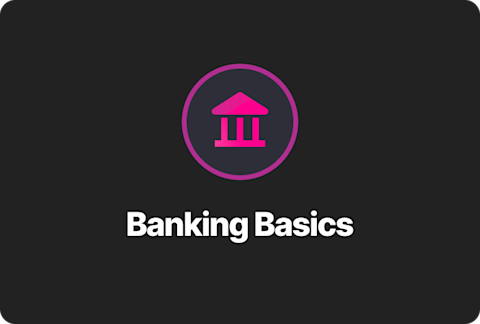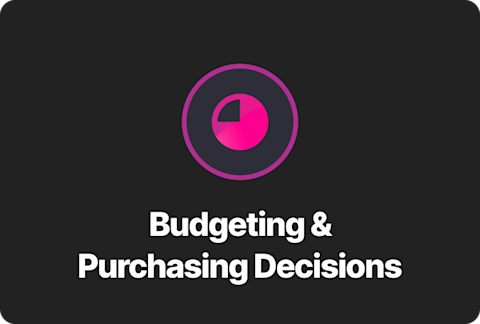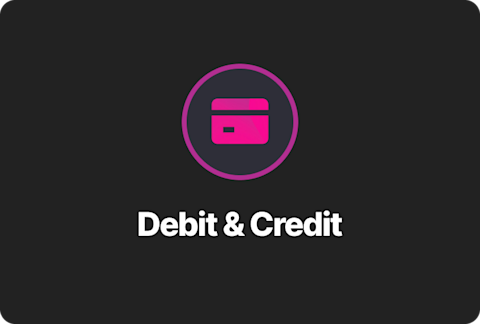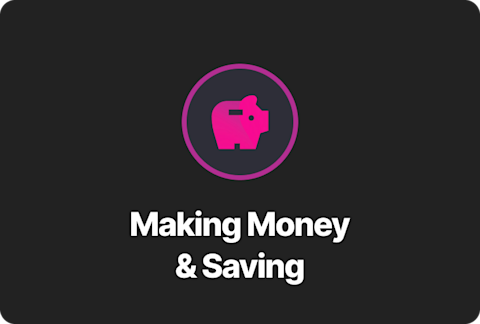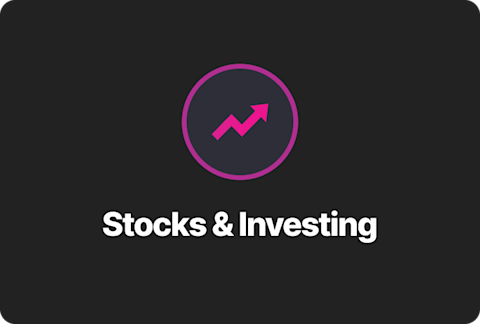Borrowing Money: The Smart, the Risky, and the Expensive Options

Borrowing Money: The Smart, the Risky, and the Expensive Options
When you need to borrow money, knowing your options can make all the difference. From credit cards to payday loans, the cost, accessibility, and impact on your financial health can vary widely. This guide breaks it down so you can make smarter decisions.
What Is an APY?
The Annual Percentage Yield (APY) is the total interest you’ll pay (or earn) on a loan or deposit over one year, including compounding. It helps you understand the true cost of borrowing or benefit of saving.
Borrowing with Caution
You should never borrow money unless it’s absolutely necessary. Borrowing should always be done with caution and a clear repayment plan. Assess your needs to ensure the expense is urgent or essential. Create a plan for paying the money back on time, and minimize interest by repaying the debt quickly.
Credit Cards
Credit cards are flexible for day-to-day expenses, but they can be risky. They’re accessible if you have decent creditworthiness, and they often come with perks like cashback or travel points. Responsible use of credit cards can improve your credit history and score.
However, high interest rates can pile up if you don’t pay off the balance in full each month. Minimum payments might keep you in debt for years, and it’s easy to overspend. Only use credit cards for purchases you can repay in full to avoid interest.
Buy Now, Pay Later (BNPL)
BNPL lets you split purchases into smaller payments, often with no interest if you pay on time. It’s easy to access and doesn’t usually require a hard credit check, making it appealing for those with limited credit history.
Missed payments can lead to fees and harm your credit score. BNPL may also encourage overspending since payments seem smaller. Not all providers report on-time payments, so it might not help your credit history. For example, splitting a $200 purchase into four $50 payments sounds simple, but missing one payment could result in hefty fees.
Payday Loans
Payday loans are short-term loans meant for emergencies, but they come with extreme risks. They’re easy to access with no credit check, but the interest rates are sky-high, often exceeding 300% APY. Rolling over payday loans adds fees, creating a cycle of debt. Repaying payday loans also doesn’t improve your creditworthiness. Borrowing $300 could quickly spiral into hundreds of dollars in fees if you can’t repay on time.
Cash Advances
Cash advances allow you to borrow small amounts, often up to a few hundred dollars, for short-term needs. They provide fast access to cash and don’t require a credit check, making them a convenient option in emergencies. Some apps charge small fees instead of traditional interest.
Despite their convenience, cash advances can be costly. Repayment is often due by your next payday, which can strain your budget. They don’t solve long-term financial issues and can lead to repeated borrowing. Use cash advances sparingly and only when you’re sure you can repay them on time.
Final Thoughts: Borrow Only When Necessary
Borrowing money can be useful, but it should always be a last resort. Assess your needs to ensure the expense is essential. Compare costs like interest rates, fees, and APYs to find the most affordable option. Plan your repayment carefully and aim to minimize interest by repaying as quickly as possible.
If you’re looking to build your credit score before borrowing, Step can help. Learn more about how Step helps you build credit and make better financial decisions here.
Borrow wisely today, and your future self will thank you.





